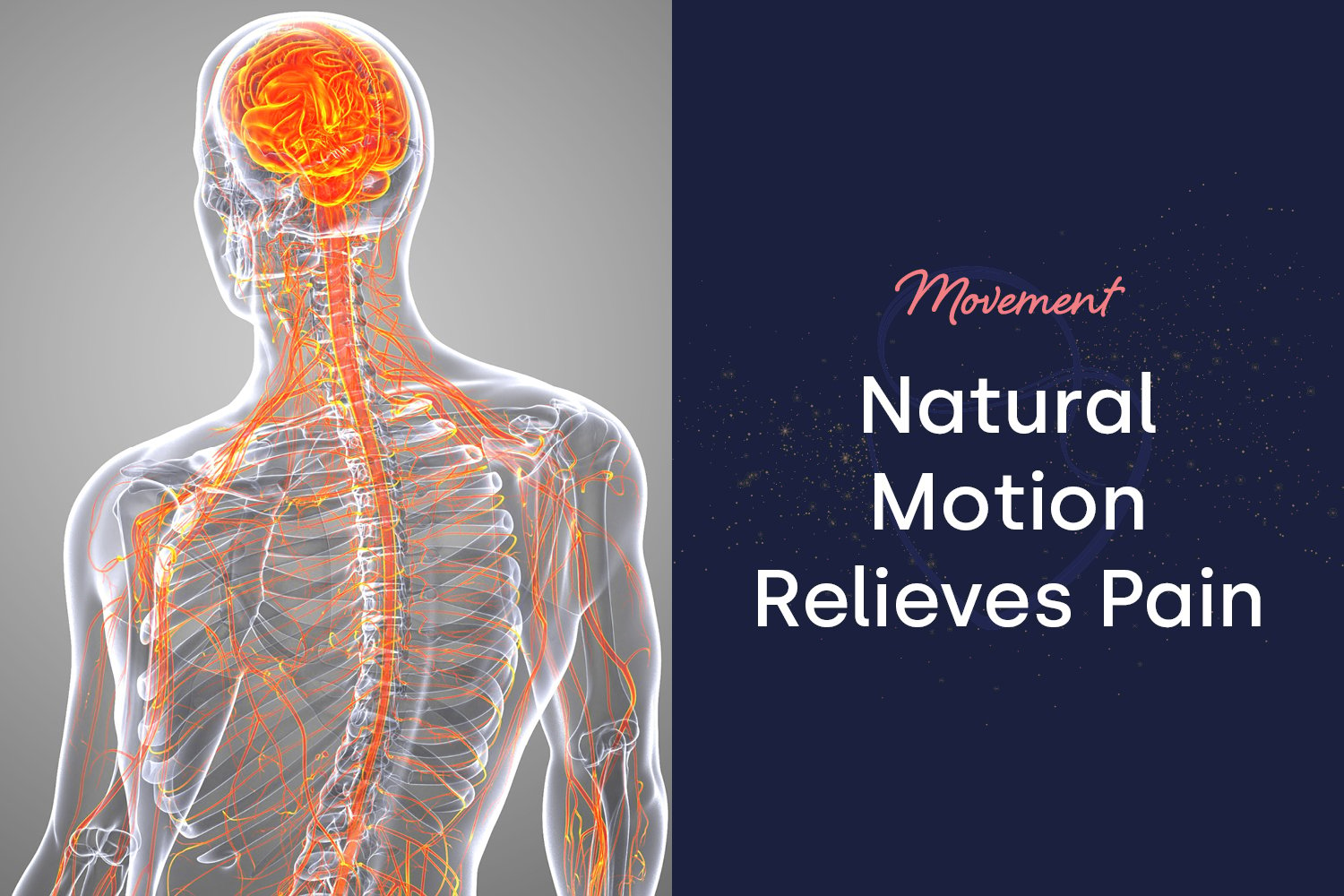
Movement isn’t just exercise; it’s also powerful medicine for your body.
Moving actively supports comfort, flexibility, and body awareness.
While pain is always complex and deeply personal, mindfully engaging in physical activities can profoundly contribute to feeling better over time.
Fascia is an intricate type of connective tissue that envelops and supports your muscles, bones, and organs. It forms a continuous, body-wide structure, helping facilitate movement and keeping things in the right place.
But if fascia becomes stiff or restricted, it can significantly reduce mobility and trigger discomfort.
This is where gentle, focused movement can help restore flexibility and improve function in areas that feel tight or restricted.
Muscles often work together in groups or chains to produce efficient movement.
If one part of this chain becomes tight or weakened, it can affect how the rest of the body moves. Over time, this may lead to uneven pressure, reduced range of movement, or increased effort during simple tasks.
Targeted movement and basic strength work may help improve balance and coordination across muscle groups.
Pain is processed by the nervous system.
And sometimes, ongoing discomfort may be related to heightened sensitivity rather than physical tissue damage. When this happens, some types of calm movement, done without pressure, can help support the nervous system’s sense of safety.
This does not mean you should push through pain, however. Rather, it means using gentle exercise and moving with awareness and care.
Movement can be a practical, effective tool for supporting mobility and comfort.
Here are a few ideas to help you approach movement in a way that works well for you:
Each body is different, and what feels supportive will naturally vary.
Movement doesn’t need to be intense to be beneficial. Whether it’s walking, stretching, swimming, or another activity, small and consistent movements can contribute immensely to your long-term comfort and confidence.
The focus isn’t on fixing your body, but on learning how your body moves and finding patterns that feel manageable and supportive for you.
Ewell Chiropractic
9A Cheam Road, Ewell, Epsom KT17 1SP
Our practice is next to the central car park in the Ewell village if you travel by car. And just a 10-minute wander from both train stations in Ewell.
Website design by theshapingbay.com